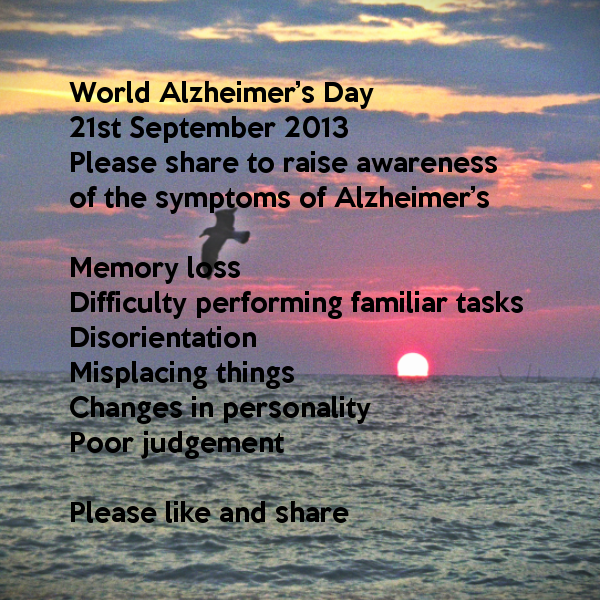About a year and a half ago I attended a workshop run by an advertising agency who wanted people, from the world of healthcare and social media to join them to discuss the launch of a new product which they hoped could help prevent dementia.
The agency got their wires crossed as to when the session should begin so I and another lady arrived an hour or two early. This happens!
It turned out that the lady was both a journalist and a GP so, naturally, the conversation turned to areas of mutual interest. In this case the lives of people with multiple sclerosis. She mentioned that in her experience it was common for people to take treatment holidays. By that what she meant was that a number of people, not just with MS, found that for certain occasions it was preferable to come off treatments because of the side effects. For example vacations and holidays like Christmas and Thanksgiving were common reasons given to stop various treatments.
Since them I’ve wondered home common this actually is. So we have decided to run a brief poll with our readers to find out. The poll is below and it would be great if you could take part.
The comment boxes are also open for you to share any further stories which you think may be of interest to other readers.
Many thanks in advance

